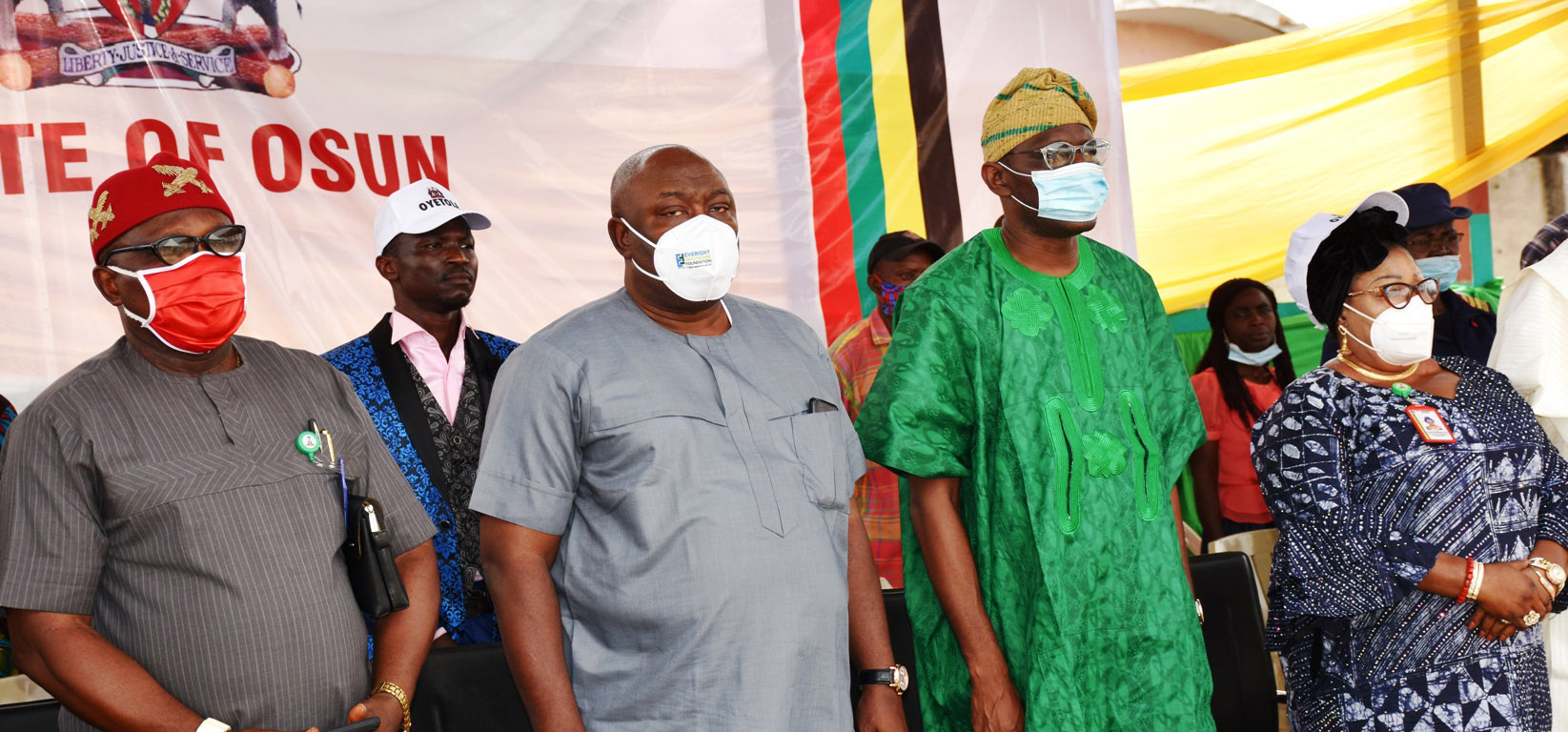Business
Enugu Chamber Commends Dangote For Adding Value To Economy

The Enugu Chamber of Commerce, Industry, Mines and Agriculture (ECCIMA) has commended the Chairman and CEO of Dangote Group, Alhaji Aliko Dangote, for his contributions to the Nigerian economy.
ECCIMA said that the entrepreneur had, through his company, Dangote Group, added a lot of value to the nation’s economy, operating in almost every sector of the economy.
The President of the Council, Mr Emeka Nwandu, gave the commendation at the 32nd Enugu International Trade Fair, held in Enugu, recently.
Represented by Mr Nonye Osakwe, a council member, Nwandu said the company had shown a great level and high degree of vision, creative thinking, research, innovation, doggedness, handwork and industry.
“Today, Dangote business and entrepreneurship had spread to many parts of the African continent, employing thousands of people across the world, out of which not less than 85 per cent are Nigerians.
“As we look forward to Dangote Refinery coming on stream, we believe it will go a long way in addressing the challenges and problems associated with availability and cost of refined petroleum products in Nigeria.
“I have no doubt that in the years to come, Dangote Group will become not just a big industrial player in Nigeria and Africa, but also the entire globe, deepening the creation of wealth and employment generation”, he added.
The ECCIMA President gave the assurance that the council would continue to partner with the industry to be endearing as well as grow from strength to strength.
Meanwhile, the South East Regional Sales Director, Dangote Group, Mr George Bankole, has said that the Enugu Trade Fair was an avenue for the group to connect with customers in the South East.
“It is a home-coming, as the region is known for its innovation and industry. We at Dangote Group and people of the South East share the trait of ever pushing beyond the limits and discovering new levels of success.
Business
Nigeria’s ETF correction deepens as STANBICETF30, VETGRIF30 see 50% decline in a week

Business
BOI Introduces Business Clinic

Business
Dangote signs $400 mln equipment deal with China’s XCMG to speed up refinery expansion

-
Maritime3 days ago
Nigeria To Pilot Regional Fishing Vessels Register In Gulf Of Guinea —Oyetola
-

 Sports3 days ago
Sports3 days agoGombe-Gara Rejects Chelle $130,000 monthly salary
-
Maritime3 days ago
Customs Declares War Against Narcotics Baron At Idiroko Border
-
Maritime3 days ago
NIMASA,NAF Boost Unmanned Aerial Surveillance For Maritime Security
-

 Sports3 days ago
Sports3 days agoTEAM RIVERS SET TO WIN 4×400 ” MORROW” …Wins Triple jump Silver
-

 Sports3 days ago
Sports3 days agoNPFL Drops To 91st In Global League Rankings
-
Maritime3 days ago
NIWA Collaborates ICPC TO Strengthen Integrity, Revenue
-

 Sports3 days ago
Sports3 days agoNPFL Impose Fines On Kwara United Over Fans Misconduct

